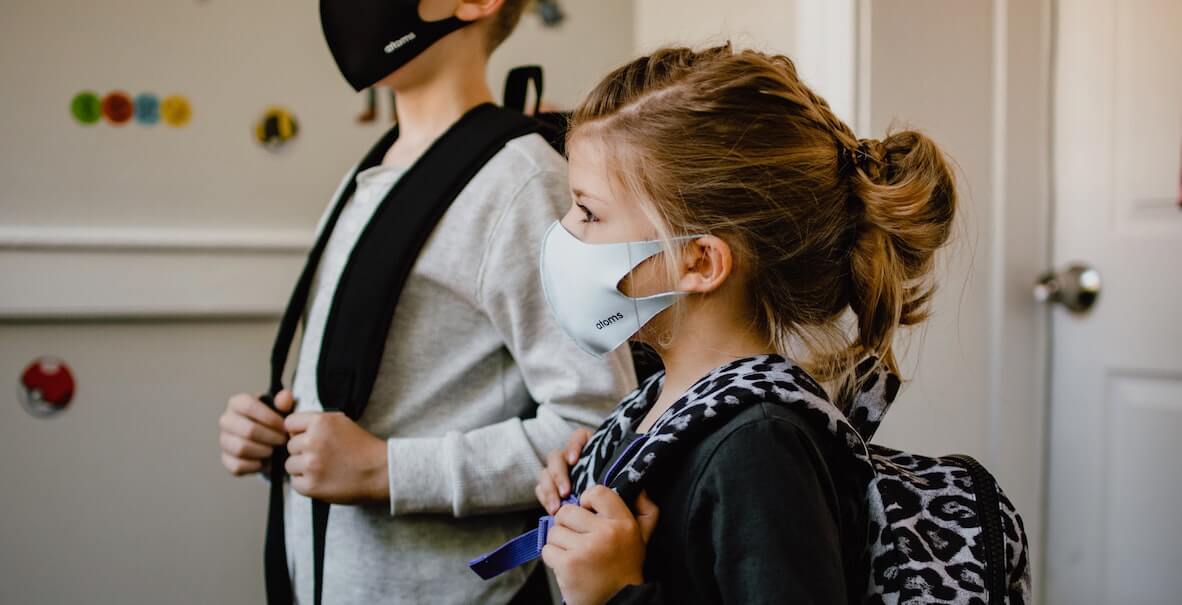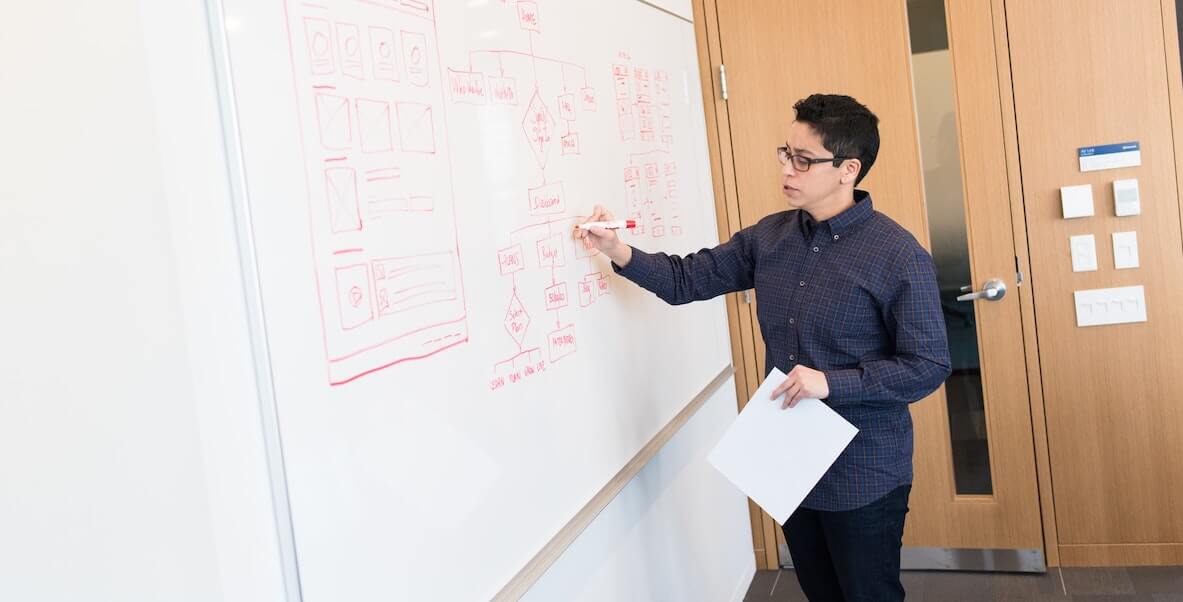The Great Resignation—sometimes called The Great Reshuffle—has motivated many teachers to leave their posts through early retirement or career changes. This fall Thomas Edison High, the city’s fourth largest high school, has so many classrooms without teachers that, according to the Inquirer, “hundreds of students freely walk in the hallways all day, often causing trouble.”
The Edison situation, extreme but not unique, raises long-term and short-term questions:
-
- In the long-run, how do we motivate future teachers to choose this enormously important profession and how do we encourage experienced teachers to stay?
- In the short-run, how do we place qualified substitutes in the schools?
A new approach to substitute teaching might in fact provide an unexpected source of full-time teachers. In the late 1990’s, when I was the CEO of the West Campus of Arizona State University, we conducted a Substitute Teacher Academy, providing instruction for university-degree holders who wished to explore short-term teaching assignments.
The Academy combined just-in-time classroom management techniques with a concise introduction to educational theory and practice. It enrolled a diversity of applicants ranging from people in their twenties exploring a teaching career, to retirees from a variety of fields (even one physician) who still thought of classrooms as places of transformation. We did particular outreach to retired military through Troops to Teachers, a program now unfortunately sunsetted by the Department of Defense. The fact remains, however, that many retired military personnel have extensive teaching experience, and we should find ways to reach out to them in the Substitute Teacher Academy I propose for the Philadelphia region.
At ASU West, we gave teacher-preparation credit to Academy participants and encouraged motivated individuals to sign up for teacher certification programs. Some did, moving from addressing a shortage of substitute teachers to a fulfilling career in education. The Substitute Teacher Academy was a great service to the metro-Phoenix area.
What Philadelphia is doing—and not doing—about the substitute teacher shortage
In 2015, the Philadelphia School District stopped hiring its own substitute teachers and contracted with Kelly Educational Services to provide substitutes and other temporary school workers. At the beginning of this month, active substitutes received notice that the School District would no longer be using Kelly, but substitutes’ current arrangements would remain unaffected until July 2022. A change from Kelly was essential, since the sub-provider was filling only 41 percent of substitute positions.
On December 9, the School Board voted to approve a two-year, $58 million contract with ESS Northeast, a Nashville-based firm.
Now is the time for metro-Philadelphia universities to provide assistance in the preparation of substitutes and to connect that endeavor with the education of full-time, certified teachers.
Substituting as Career Motivation
The Great Resignation/Reshuffle is leading record numbers to join the gig economy, while they figure out how to find meaningful employment. Substitute teaching provides both gig employment and the opportunity to search for meaning. Those who remember incidents from their own student antics, conspiring to make substitutes’ lives miserable (flying paper airplanes come to mind), may be scoffing at the idea of substitute teaching as a road to meaning. But please hear me out.
In addition to the success of the metro-Phoenix Academy, I can cite from personal experience that substituting can be motivating. Several decades ago, after my May graduation from the University of Pennsylvania and before my July employment as a camp counselor, I substituted in Philadelphia public high schools. My college degree is in English, but I was sent to classes in all sorts of subject matter—social studies, math, and science.
RELATED: 18+ ways to help students (and teachers) succeed this year
Things went well because I was prepared. Before my first substitute gig, I put together what I called a bag of tricks—material I could use in just about any class. For classroom management I drew on my student-teaching experience and education courses I had taken for certification. For the most part, the students behaved, except for one notable example. I was doing fine in an Overbrook High School social studies class until the department chair appeared, interrupted the class, and asked the students to be nice to me since I had just graduated from college the day before.
With the kind of preparation we provided in the ASU West Substitute Academy, Philadelphia substitutes can endure and might even discover motivation.
As middle school teacher Keven Tell wrote in The Hechinger Report, tutoring was the pathway that motivated him to seek full-time teaching certification. He writes, “tutoring is a low-stakes way to get meaningful and extensive experience and participate in a school community without making a long-term commitment. Both tutoring and substituting can light that ‘spark of joy and purpose.’”
Those who have watched the pilot episode of ABC’s Abbot Elementary know that the major reason people choose a teaching career is that they care about students. University-designed Substitute Teacher Academies can build on that personal mission by connecting gig assignments to long-term goals.
Designing a metro-Philadelphia substitute teacher academy
Ideally, the Academy would be developed by a consortium of universities in cooperation with the School District of Philadelphia. The project could be a first step in essential cooperation among higher ed institutions. Yet, I’m not sure that the substitute-teacher/permanent teacher crisis can wait for such collaboration, which seems to have no history at all. The Thomas Edison High situation and the growing shortage of permanent teachers should propel immediate university action. If universities act one by one, maybe they can later combine efforts.
Here are suggestions for universities interested in designing a Substitute Teacher Academy:
-
- Start now to develop a sequence of virtual and in-person sessions to present both survival techniques and the larger context of teaching and learning. University education schools could reasonably be expected to have something ready for the summer of 2022. College credit should be available as a possible starting point for teacher certification.
- Make the sessions themselves models of good teaching—interactive and involving.
- Immediately consult with the Philadelphia School District and/or suburban school districts. How can the universities supplement the current efforts by Kelly and the anticipated partnership with ESS?
- Explore ways to employ retired teachers, used heavily as substitutes by Kelly and ESS, as mentors for participants in the Substitute Teacher Academy.
- For the 2022-23 academic year, develop a program encouraging Academy students to substitute while taking the course. Pay stipends to permanent teacher mentors in those schools accepting substitutes from the Academy. Involve the mentors and Academy participants in analytic discussions of what went right and what wrong in the substitute teaching experience.
- Find ways to cover tuition costs for Academy participants.
- Connect the Substitute Teacher Academy to fast-track teacher certification programs, like Penn’s Graduate School of Education Urban Teacher Education M.S.Ed.
- Reach out to local veterans’ groups to recruit retired military personnel to the Substitute Teacher Academy and into certification programs. With this group and others, consult with the Council on Adult and Experiential Learning (CAEL) to design high-quality credit for life experience.
Many Great Reshufflers are burnt-out after long service in the teaching profession. Others, leaving what they perceive to be hollow commercial employment, to seek day-to-day involvement in social justice might consider striving to make the classroom a place where that happens. Now is the time to test out a gig assignment as a pathway to teaching—the most important job in the world.
But embarking unprepared will only make you the target of frustration, discouragement, and paper airplanes. Encourage Philadelphia universities to establish Substitute Teacher Academies. Then maybe in 2023, when the School District votes to invest another $58 million dollars, it will be in a comprehensive, expanded, home-grown, university-supported Substitute Teachers’ Academy.
Elaine Maimon, PhD, is author of Leading Academic Change: Vision, Strategy, Transformation. Follow @epmaimon on Twitter.
![]()
MORE ON PHILLY SCHOOLS FROM THE CITIZEN
Photo by Christina @ wocintechchat.com on Unsplash




